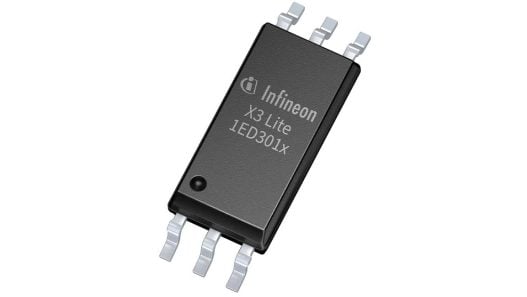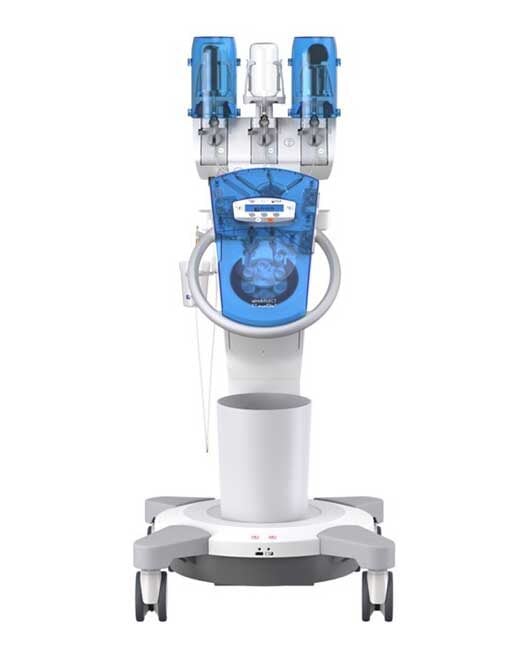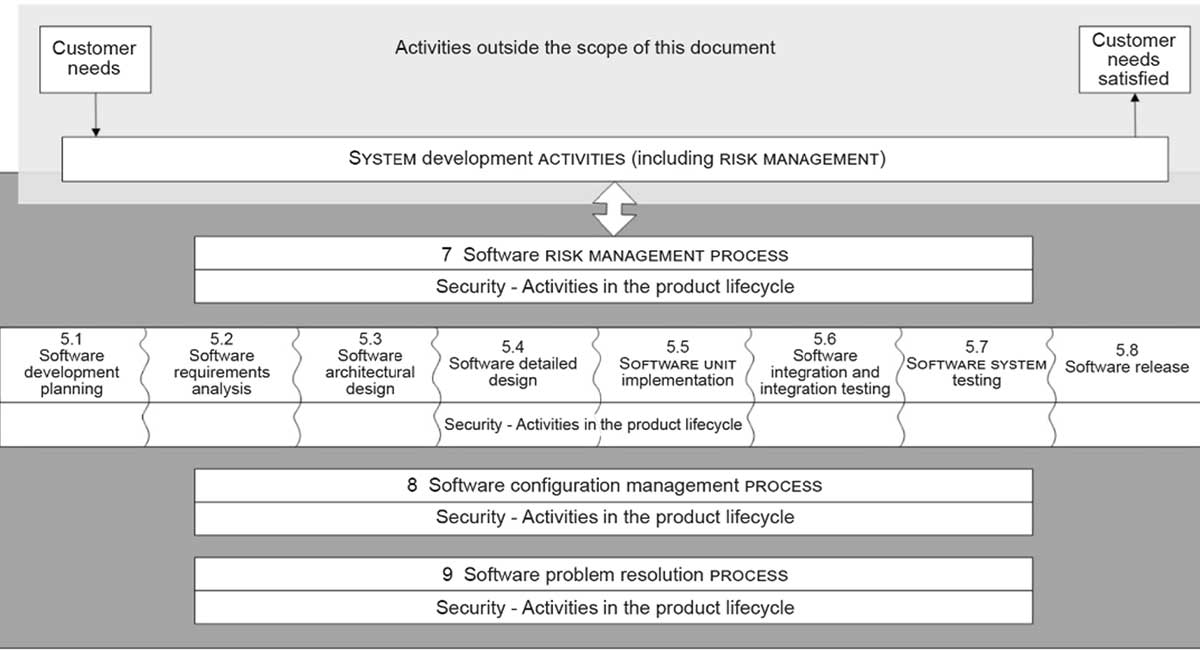Likewise, rising prevalence of wearable technology in treating cardiovascular diseases is also likely to augment industry demand. For instance, a team from the University of Eastern Finland has recently developed a new wearable technology to monitor hearth health, in the form of a necklace-ECG. The novel technology is designed to identify atrial fibrillation (abnormal heart rhythm), which is a key cause of stroke.
The device connects to a smartphone application, which can measure the wearer’s heart rhythm when they place the pendant against their chest or between their palms for 30s. The collected data is sent to a cloud for analysis by AI for atrial fibrillation detection. The smartphone application displays results within seconds and also generates an ECG report which can help physicians provide a confirmed diagnosis.
Continuous and long-term cardiac health indicator monitoring is crucial for making a clinical assessment of the patients. Rapid advancement in wearable cardiac devices, coupled with medical product miniaturisation will offer significant contributions to stimulating wearable cardiac devices market trends.
Recently available wearable devices consist of noteworthy features such as non-invasiveness, small size, and light weight. Non-invasive device adoption has been accelerating at a rapid pace globally, which in turn, is likely to add impetus to industry growth in coming years.
Furthermore, accelerating incidence of patients suffering from cardiovascular disorders, including cardiac rhythm disorders, alongside rising disease prevalence among elderly adults will amplify wearable cardiac devices market expansion. According to CDC estimates, over 2-6 million Americans are suffering from atrial fibrillation, which poses high potential risks as the age increases.
Implementation of wearable cardiac devices over bulky and traditional monitoring devices is slated to proliferate at a rapid pace owing to the needs to continuously monitor patients’ heat rate, ECG and other indicators to avoid treatment delays for conditions such as arrythmias, thereby leading to vast product prominence.
However, stringent government regulations on device adoption and issues with patient privacy and data security are likely to hinder the wearable cardiac devices market dynamics over the projected timeframe.
With regards to the product spectrum, the global wearable cardiac devices industry is categorised into Holter monitors, defibrillators, patch, and others. Of these, the defibrillators segment is set to register a CAGR of more than 22% through 2026.
For instance, Zoll LifeVest Wearable Defibrillator is a device used for remotely monitoring the rhythm of heartbeats of patients who are prone to heart attacks, and can also deliver shock in the event that the patient is unresponsive even after several warnings, which provides opportunities for the segment to grow exponentially.
In terms of segmentation by application, the home healthcare segment held nearly 25% of the overall wearable cardiac devices market share in 2019. The prevalence of this segment can be attributed to easy handling, high convenience, and effective patient monitoring while at home.
Additionally, factors such as rising disposable income and preference for home treatments further aid in elevating home healthcare to a dominant position in the wearable cardiac devices business landscape.
On the regional front, the North American wearable cardiac market accounted for a market share of more than 60% in 2019 and is anticipated to witness a major upsurge over the forecast spell.
Digital transformation in the healthcare landscape, along with rapid innovative device launch by new entrants in the United States has contributed to the growing product adoption. Moreover, increased awareness of wearable technology in the region will further influence market expansion in years ahead.
Key wearable cardiac devices market participants include Welch Allyn, Philips, BioTelemetry, iRhythm Technologies, and Zoll Medical Corporation, among others. These players are focused on various growth strategies such as M&A, product launch, and innovations. For example, BioTelemetry Inc. entered an acquisition deal with Geneva Healthcare to strengthen the cardiac monitoring portfolio of BioTelemetry.
Meanwhile, Omron Healthcare and AliveCor, in April 2020, entered a global strategic partnership that brings together the blood pressure monitoring devices of Omron and mobile device ECG technology from AliveCor to expand access to remote cardiac patient care to a wider audience, especially during the ongoing COVID-19 pandemic.
You can view the report here.















